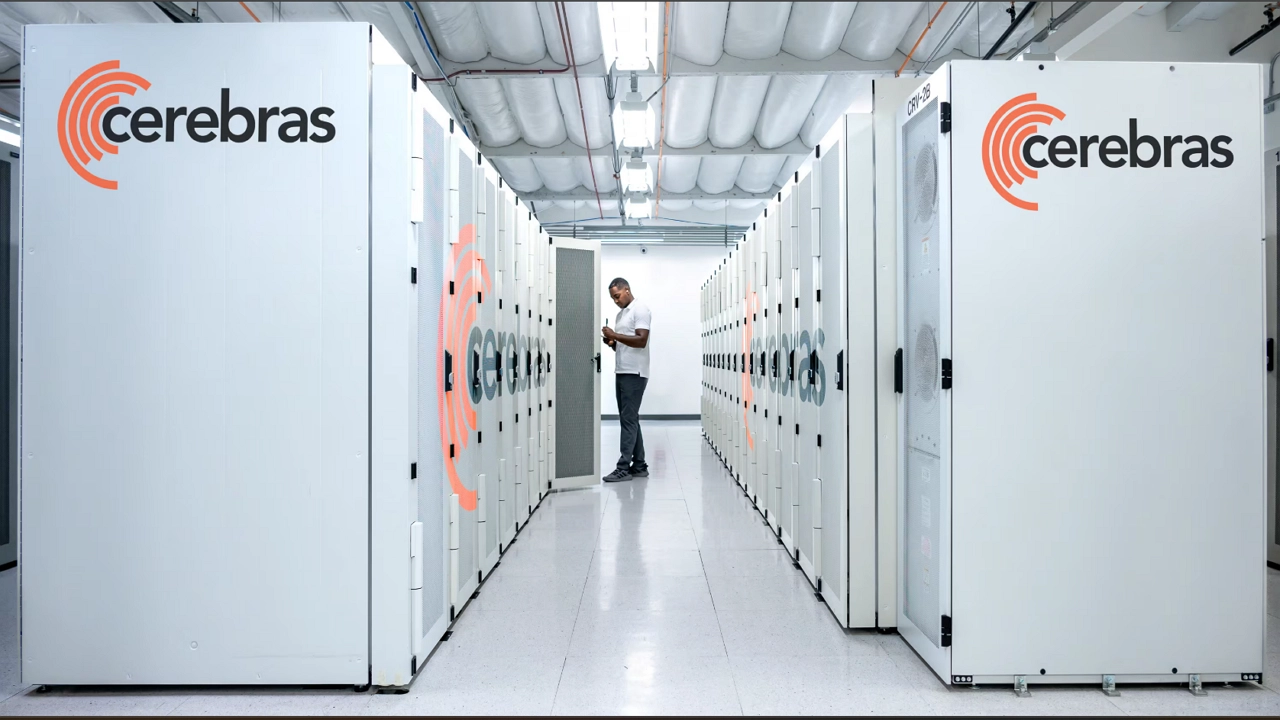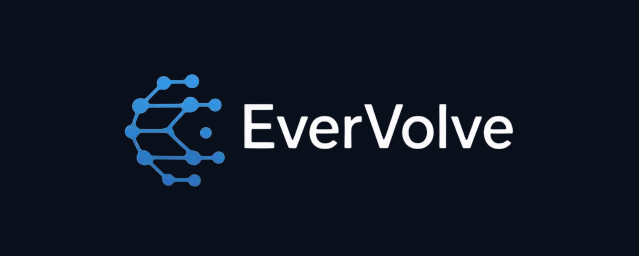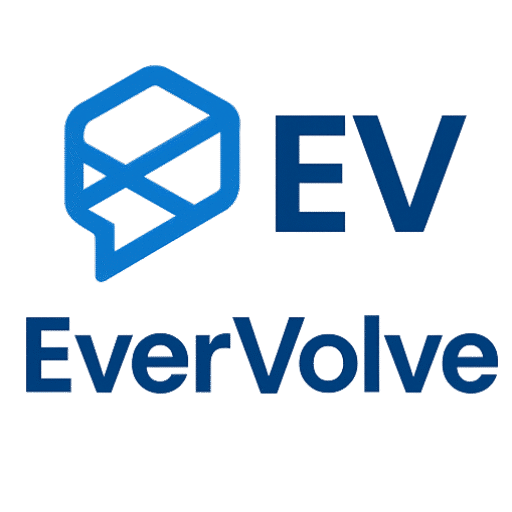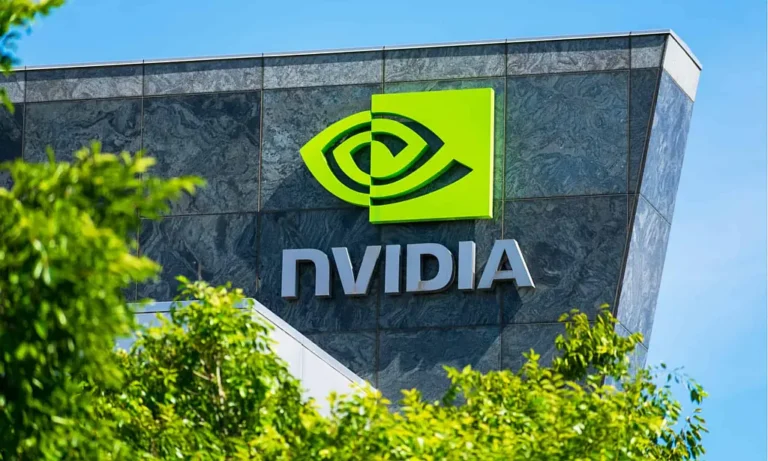Cerebras and UAE’s Core42 Achieve Breakthrough with Arabic LLM on Wafer-Scale AI Accelerators

In a landmark achievement for Arabic language artificial intelligence, Cerebras Systems has collaborated with the UAE start-up Core42 to train an expansive large language model (LLM) consisting of 180 billion parameters using wafer-scale AI accelerator technology. This breakthrough not only addresses the unique challenges of Arabic NLP but also highlights the transformative potential of next-generation AI hardware.
Arabic is a linguistically complex language characterized by rich morphology, extensive dialectical variations, and nuanced semantics. Historically, Arabic NLP models have lagged behind English due to limitations in data quality and computational resources tailored for the language’s complexity. The Core42-Cerebras collaboration has successfully overcome these barriers by utilizing a wafer-scale engine, a new class of AI accelerator that consolidates thousands of processor cores and massive memory into a single chip, significantly enhancing training speed and efficiency.
Traditional AI training setups often rely on clusters of GPUs connected via high-speed networking, which can introduce latency and bandwidth bottlenecks. Cerebras’s wafer-scale engine integrates processing and memory on one ultra-large chip, dramatically reducing data movement delays and enabling parallel computations at unprecedented scales. This architecture allowed Core42 to train the massively parameterized Arabic LLM in under 14 days—a timeline notably faster than with conventional approaches.
The AI model powers a variety of applications, including high-fidelity language generation, machine translation, sentiment analysis, and intelligent virtual assistants specialized in understanding multiple Arabic dialects. This model holds promise to revolutionize digital engagement across the Arab-speaking world by enabling AI-powered services with native fluency and cultural sensitivity previously unachievable.
This collaboration also signifies a broader strategic ambition within the Middle East to develop AI technologies that cater to linguistic and cultural needs rather than relying on English-dominant models. It pursues technological sovereignty and aims to leverage AI as a catalyst for economic diversification, government innovation, healthcare improvements, and education transformation within the region.
The Core42-Cerebras project follows an increasing trend in developing specialized AI hardware tailored to specific computational challenges. Wafer-scale engines are at the forefront of AI innovation, addressing critical limitations of multi-GPU systems by eliminating inter-chip bandwidth bottlenecks and reducing training costs. This technological advancement is a key enabler for training larger, more complex models faster and with higher efficiency, accelerating the pace of AI research globally.
Looking forward, the partners plan to expand the wafer-scale accelerator approach to other languages and AI model types, striving to democratize AI access worldwide across diverse linguistic populations. Beyond technical achievements, this initiative redefines how hardware innovation intersects with language preservation and regional AI capacity building.
Core42 and Cerebras partnership illustrates the power of combining cutting-edge hardware with expert regional insights to push the frontiers of natural language processing. The successful training of a 180-billion-parameter Arabic language LLM on wafer-scale technology marks a turning point for AI in the Middle East and sets a precedent for inclusive AI development worldwide. It paves the way for AI applications that genuinely understand and serve Arabic speakers at scale, signaling a new era of linguistic diversity and hardware-enabled AI performance.
Enjoyed this post?
Subscribe to Evervolve weekly for curated startup signals.
Join Now →







